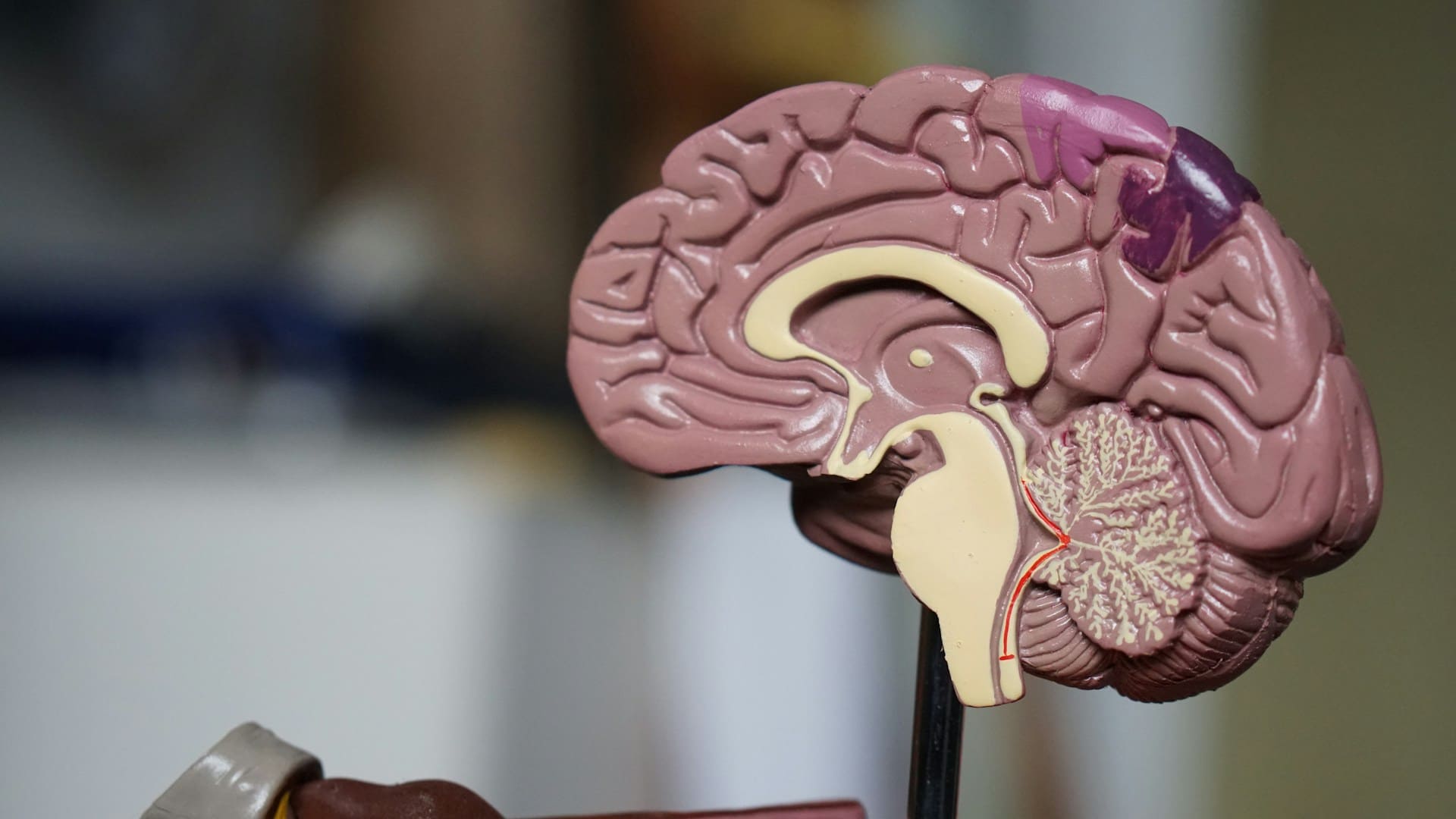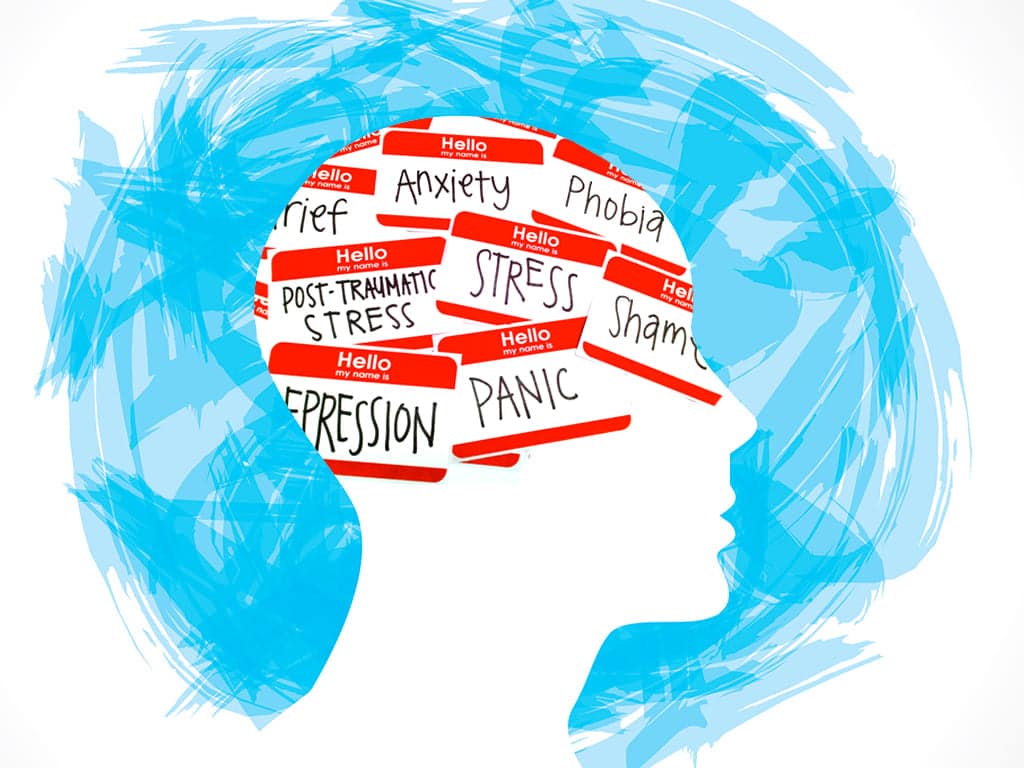Heart Health Screenings: Everything You Need to Know

Heart health screenings are very important for early detection and prevention of cardiovascular diseases, which are leading causes of morbidity and mortality worldwide. Regular checkups help detect the presence of risk groups and diseases that could lead to serious heart-related health issues, enabling timely intervention and management.
Heart health screenings are a vital part of maintaining cardiovascular health. They facilitate early detection of risk factors, prevent the progression of heart diseases, improve the quality of life, are cost-effective, and promote awareness and healthy habits. Regular screenings should be a priority for everyone, especially those with genetic predispositions and other risk factors.
What are Heart Health Check-Ups?
The human heart is an engine. Not only the correct functionality of internal organs and systems but also the person’s life depends on it. Heart pathologies are different. And many of them run for a long time without any manifestations. Therefore, they remain undetected, and at late stages sharply reduce the quality of human life, bringing a lot of worries and unpleasant symptoms. Some even lead to disability. How to fight heart disease?
It is necessary to undergo regular heart health tests. The condition of the cardiovascular system can be assessed with the help of several diagnostic procedures.
Electrocardiogram (EKG)
EKG allows to detect heart rhythm disorders (diagnosis of various types of tachycardia, as well as atrial fibrillation, parasystole and other types of rhythm disorders), and conduction disorders of the heart.
Electrocardiogram can be used to detect complications after myocardial infarction, thickening of the muscle layer, changes in the size of the heart cavities, malfunctions in the process of intracardiac activity and electrolyte metabolism, size, depth, localization of ischemia or myocardial infarction and others.
Exercise Stress Test
The Treadmill test is a diagnostic method of electrocardiographic examination of the heart under increasing physical load on a physical activity on a treadmill. During the test, the response of the heart and circulatory system to the load is evaluated, which makes it possible to detect pathologies hidden at rest.
The benefit of this study is that it will determine the individual tolerance to physical activity and assess the threshold at which signs of disease are manifested. Knowledge of these indicators will contribute to the choice of tactics for further treatment, correction of drug therapy and more accurate prognosis of the course of the disease.
Echocardiogram
Echocardiography (cardiac echo, cardiac ultrasound, echocardiogram) is an ultrasound examination that allows you to see the heart diseases, the state of the muscle, its ability to contract and the work of the valves. With the help of echocardiography, you can see signs of congenital heart pathology, aging valves and their anomalies, which may not cause any complaints for a long time.
The method of echocardiographic examination can determine the degree of heart failure, the speed and direction of blood flow, assess the condition of heart valves to diagnose congenital and acquired defects, determine the systolic and diastolic function of the heart, as well as identify the cause of high blood pressure and exclude cardiomyopathy after a viral infection.
Calcium Scoring
Calcium scoring, also known as coronary artery calcium (CAC) test, is a specialized imaging procedure that helps assess the risk of cardiovascular disease by measuring the amount of calcium in the walls of the coronary arteries. This non-invasive test provides valuable information about the presence and extent of calcified plaque in the coronary arteries, which is a significant indicator of atherosclerosis, a condition that can lead to heart attacks and other cardiovascular events.
Calcium scoring uses computed tomography (CT) scanning to detect and quantify calcified plaque in the coronary arteries. The test produces a calcium score, which reflects the amount of calcium deposited in the coronary arteries. This score helps in assessing the risk of future cardiovascular events, even before symptoms appear.
What Happens During a Heart Health Screening?
What is a heart health screening? It is a series of tests that can help assess your risk of cardiovascular disease. It is typically recommended for adults over the age of 20, especially those with risk factors for heart disease, such as high blood pressure, high cholesterol, or a family history. Learning how to prevent hypertension involves adopting a healthy lifestyle, including a balanced diet, regular exercise, and stress management techniques.
During a heart disease screening, a healthcare provider evaluates your cardiovascular health through various tests and assessments. The process typically includes collecting a detailed medical history, conducting a physical examination, measuring blood pressure, and performing an electrocardiogram (ECG) to check for heart rhythm abnormalities. Understanding blood pressure is taken to assess cholesterol levels and blood glucose, indicating diabetes risk. Additionally, imaging tests like echocardiograms or CT scans may be used to visualize heart structures and detect potential blockages in the arteries. These screenings help identify risk factors and early signs of cardiac disease, enabling timely intervention and management.
Why is a Heart Health Check Important?
According to WHO statistics, more than 17 million people die of heart disease every year. The main causes are myocardial infarction and stroke. Timely examination of the heart and blood vessels is necessary to detect dangerous diseases at an early stage of development. It’s important to inform your doctor if heart attacks run in the family, as it may influence your risk factors and the need for more frequent screenings.
There are several key reasons why a heart health test is important:
Early detection of coronary artery disease: Many heart conditions, like coronary artery disease, often don’t cause any symptoms in the early stages. A heart health check can identify these issues early on when treatment is most effective. Early detection can significantly improve your chances of successful treatment and prevent complications like heart attack or stroke.
Reduced risk of serious events: By identifying risk factors like high blood pressure, high cholesterol, or abnormal heart rhythms, a check-up allows you and your doctor to take steps to manage these factors and lower your overall risk of developing serious problems in the future.
Improved overall health: A heart health screening isn’t just about your heart. It often includes assessments of other health aspects like blood sugar levels and body mass index (BMI).
Peace of mind: If everything checks out well, you can focus on maintaining a healthy lifestyle. If there are any concerns, early detection allows you to address them proactively.
Personalized preventative care: Based on the results of your heart disease screenings, your doctor can create a personalized plan for you. This plan might include recommendations for diet, exercise, stress management, or medications to keep your heart healthy.
Lower long-term costs: Early detection and treatment of heart disease can save money in the long run. By addressing potential problems early, you can avoid the need for more expensive treatments or hospitalizations down the line.
Overall Well-Being: Heart health is a significant part of overall well-being. Maintaining a healthy heart allows you to enjoy an active and fulfilling life.
Key Information on Heart Health Screening
Heart and vascular disease are the most frequent causes of disability and death. All patients are at risk, even those without hereditary disposition.
The key to health is annual physical exams, so even in the absence of pronounced symptoms, it is useful to periodically undergo a check-up. This is not only a cost savings (check-ups are usually cheaper than tests and diagnostics separately), but also an opportunity to adjust lifestyle to prevent the development of serious pathologies.
If the disease is still detected, it is important not to postpone treatment and every 6-12 months to be examined to avoid complications. In the early stages, drug therapy and lifestyle adjustments are often sufficient. If the problem is significant, it is often prescribed a lifetime of medication. Even when surgery is indicated, incisions are often avoided thanks to the development of minimally traumatic endovascular methods.
Heart health screenings are a proactive approach to maintaining cardiovascular health. By identifying and managing risk factors early, individuals can take control of their health and significantly reduce the risk of serious heart conditions. Regular check-ups, combined with a healthy lifestyle, form the cornerstone of effective heart disease prevention.
Sources used for this article:














































